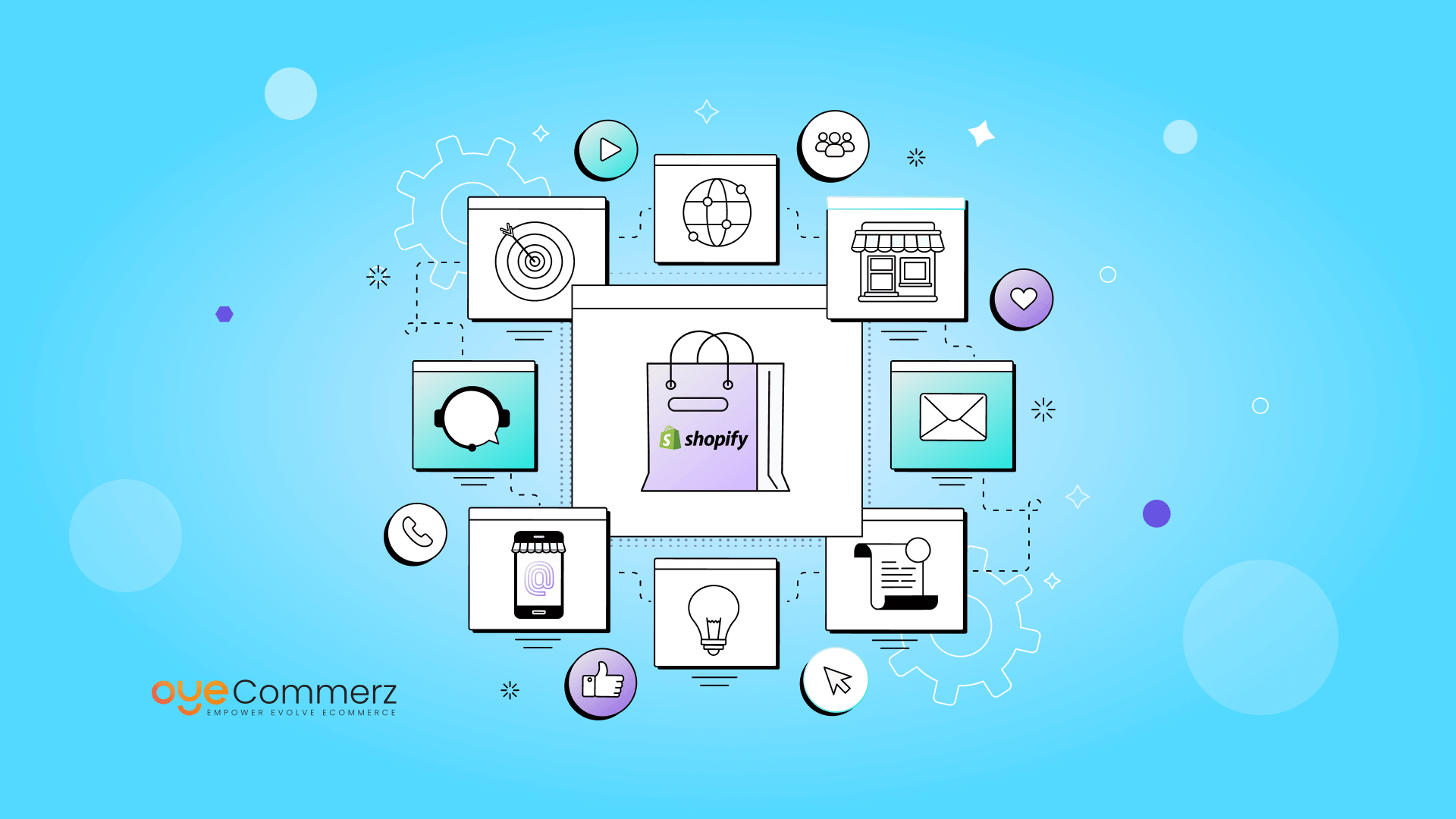Introduction
In today’s competitive e-commerce landscape, differentiating is essential, and one of the best ways to differentiate a Shopify store is through tailored app creation. A robust Shopify app can enhance store capabilities, simplify processes, and boost customer engagement. This article delves into essential aspects of Shopify app development, from API integration to scaling strategies and promotion methods, providing a roadmap for companies seeking superior store efficiency.
The Importance of Shopify API Integration
Shopify’s API provides powerful tools to customize and extend store capabilities. With the GraphQL and REST API options, developers can retrieve information to create apps that handle inventory control, order processing, and customer data management smoothly. Integrating Shopify’s API can enable improved workflow automation and enables stores to assist shoppers more effectively.
Adopting the Polaris Design System
Polaris is Shopify's design system for creating intuitive and easy-to-use Shopify apps. By adhering to Polaris principles, developers guarantee that apps seamlessly integrate within the Shopify Admin interface. This ensures a cohesive appearance that resonates with Shopify merchants, promoting ease of use and comfort for merchants using your tailored app.
Navigating the Shopify App Ecosystem
The Shopify app ecosystem provides numerous opportunities for improving online stores. From managing fulfillment processes to increasing customer interaction, apps in this environment are designed to meet various business requirements. Learning about this ecosystem helps developers in finding unique app opportunities and enables seamless integration of third-party services that add value to the store.
Building Embedded Shopify Apps
Embedded apps integrate directly within the Shopify Admin, allowing a seamless experience for merchants. They allow merchants don’t have to leave their Shopify control panel, simplifying their process. Employing Shopify App Bridge and embedded app features is a best practice for offering a cohesive, integrated user experience.
Using Node.js and React for Shopify Apps
Node.js Shopify app ecosystem by Oyecommerz and React have become top options for Shopify app creation. Node.js enables high-performance back-end services, while React enables dynamic, responsive front-end design. Together, they offer an strong framework for creating speedy, Polaris in Shopify apps growth-ready Shopify apps that improve store functionality and customer interaction.
Utilizing Webhooks in Shopify Development
Webhooks enable instant data synchronization between Shopify and an external app. They trigger events such as order creation or stock changes and send instant alerts to your app. By implementing webhooks, apps can deliver real-time insights for store owners, simplifying processes and boosting efficiency.
Engaging Customers Through Digital Marketing for Shopify Apps
To ensure Shopify app success, connecting with users is crucial. Utilizing digital marketing strategies like SEO, email marketing, and social outreach can drive app adoption. Additionally, designing apps with customer interaction as a focus (e.g., loyalty programs or personalized recommendations) boosts user retention and satisfaction.
Scaling Your Shopify App
As e-commerce businesses grow, so do their technological needs. Making sure that your app can scale to handle higher usage, larger data sets, and more advanced functionalities is essential. By improving server capacity and using scalable solutions, you can develop apps that grow in parallel to a store’s success.
Important Features and Maintenance Tips for Shopify Apps
For an app to be effective, it should include key capabilities like user login, analytics dashboard, and customer support options. Regular app maintenance, with updates to fix bugs and compatibility checks with new Shopify features, is important to maintain uninterrupted performance and prevent disruptions to merchant workflows.
Conclusion
Custom Shopify app development holds vast potential for e-commerce stores, offering the chance to enhance store functionality, simplify operations, and foster customer loyalty. With API integrations and Node.js to ensuring scalability and customer interaction, creating a Shopify app involves thoughtful preparation and strategic execution. If you’re ready to unlock your store’s full potential, a custom Shopify app could be the ideal choice. What features do you see for your dream application? Share your ideas and take the first step toward an enhanced e-commerce journey!

Comments on “Empower Your Online Store: Custom App Development for Shopify to Boost Performance”